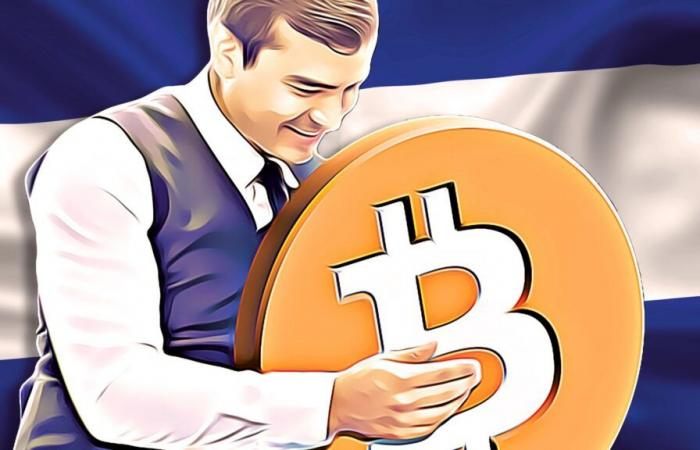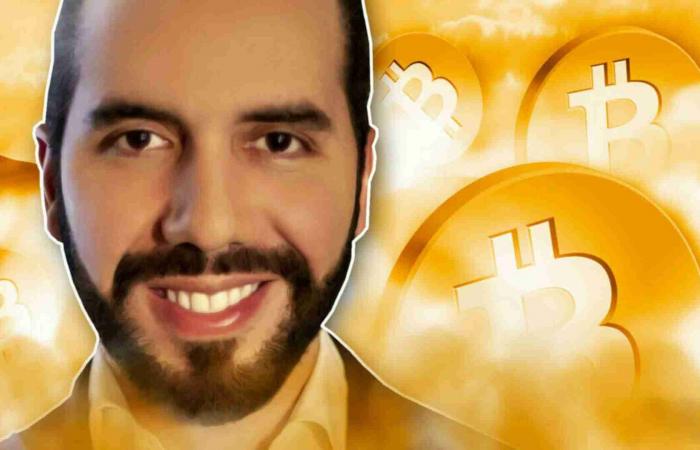In September 2021, El Salvador made a splash by becoming the first country in the world to adopt Bitcoin (BTC) as legal tender. This initiative by President Nayib Bukele has drawn mixed reactions internationally, particularly from the International Monetary Fund (IMF), which has made consistent efforts to limit the extent of this adoption. And recently again it was a loan of 1.4 billion dollars from the institution that is causing ink to flow. Explanations.
- El Salvador made a splash by adopting Bitcoin as legal tender, sparking mixed global reactions.
- An agreement was reached with the IMF for a loan of $1.4 billion, conditioned by restrictions on the use of Bitcoin.
IMF demands in El Salvador
Since theadoption you BTC in El Salvador, the IMF has continued to demonstrate its opposition. As early as January 2022, he called on Nayib Bukele to remove Bitcoin’s legal tender status, citing financial and economic risks for the country. The institution linked the granting of a $1.4 billion loan to reforms that would reduce the use of cryptocurrency.
On December 18, 2024, after months of negotiations, a compromise was announced. The IMF agreed to lend $1.4 billion in El Salvador over a period of 40 months, provided certain measures are put in place. Among them:
- Make acceptance of Bitcoin voluntary for the private sector. Until now, merchants were obliged to accept BTC as a means of payment.
- Limit public sector involvement in activities related to crypto-assets.
- Reduce the role of government in the Chivo wallet program, which was created to encourage the use of Bitcoin.
Bitcoin, still at the heart of Bukele’s strategy
Despite these constraints, the president Bukele remains firmly committed to Bitcoin. With nearly 5,968 BTC held in national reserves (valued at approximately $600 million), it continues to promote cryptocurrency as a pillar of the Salvadoran economy. The latter even announced a program aimed at buying one Bitcoin per day to strengthen reserves.
In addition, Bukele ensured that the public sector could continue to use Bitcoin, although in a limited manner under the terms of the IMF. However, taxes must be paid exclusively in US dollars, the country’s second official currency.
If the agreement with the IMF offers a breath of financial air, it also imposes restrictions that could slow the momentum of its Bitcoin experiment. Bukele’s Bitcoin advisor, Max Keizer, downplays the implications of this deal, saying that Bitcoin use remains voluntary and continues to grow.
However, the future will reveal whether these compromises will affect Nayib Bukele’s ambitious vision to transform El Salvador into a global cryptocurrency hub.







